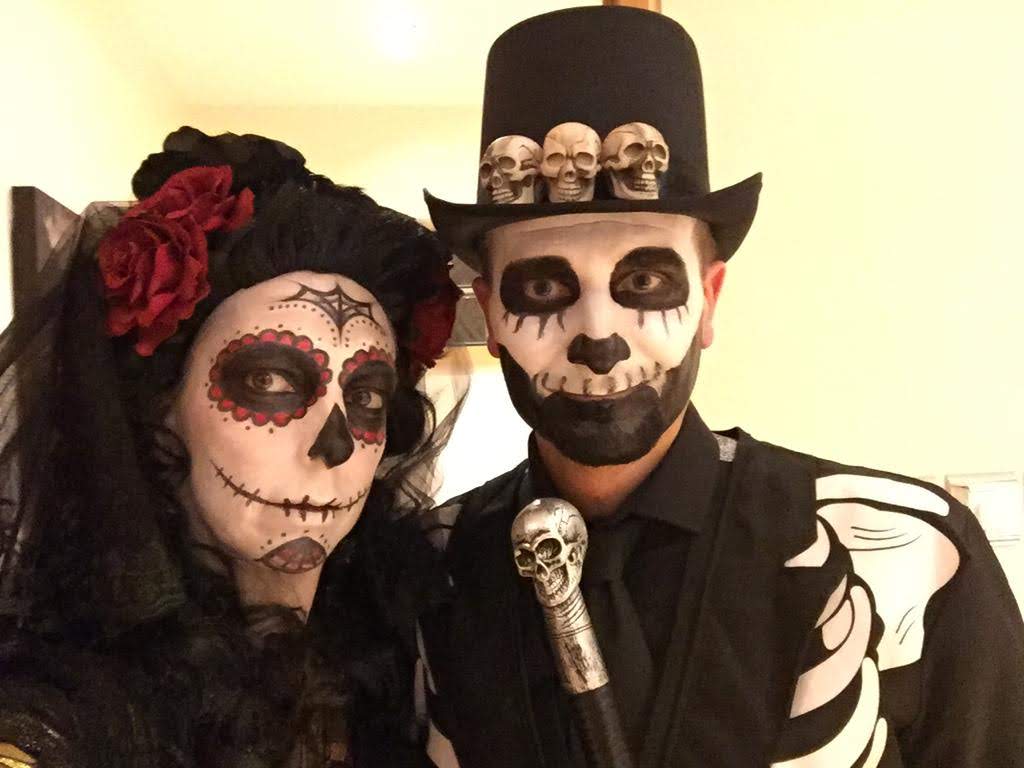Great story about the dying profession that is journalism. So many older, experienced, journalists have been let go in the US that newsrooms are suffering from it. Sample:
He’s 57 and worked for a 20,000-circulation daily in the Midwest for over 30 years. He was bought out last summer; over a quarter of the reporters, photographers, and editors there were let go. Like many downsized journalists, he asked to remain anonymous because he had to sign away his right to free speech to get 18 weeks of settlement pay.
“In 10 minutes, I was done,” he said of the meeting when he was told it was over. Being a pro, he worked the rest of the week to finish his assignments.
“I have a deep fear about what is happening to journalism. No one else is going to do what we do. In that way, we create a community. Television and radio only show up at the big things. They don’t show up at school-board meetings, the local drainage board. If your community is going to cut trash collection to every other week, television is not going to come.”
He wonders how long his former paper can survive, because the base of advertisers has shrunk.
“Who’s making money off the web? No one is going to pay $100 a week to get the newspaper—or whatever it costs, whatever advertising doesn’t pay. But if it goes away, America is going to go, ‘What the hell happened? We need that.’”
* * *
For most of the aughts, John Koopman reported gritty stories in the spirit of Charles Bukowski, written like good Hemingway, for the San Francisco Chronicle. He spent nearly a year riding in police cars for a series called “The Badge.” For “Skin,” he immersed himself in the city’s sex culture: strip joints, porn-film shoots, and clubs like Bondage A-Go-Go. He also embedded as a journalist with the US Marines in Iraq in three different years. He was nearly blown up twice, and saw a corporal 10 feet away from him shot dead by a sniper.
In 2009, the Chronicle dumped him, along with 30 other newsroom employees, on top of over 100 buyouts earlier that year. “I couldn’t get called back from places I wouldn’t have sneezed at when I was younger,” Koopman said of the ageism he encountered when looking for new journalism work.
